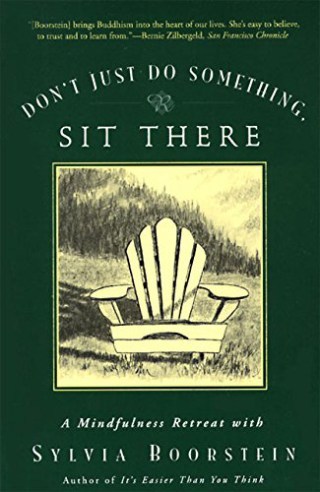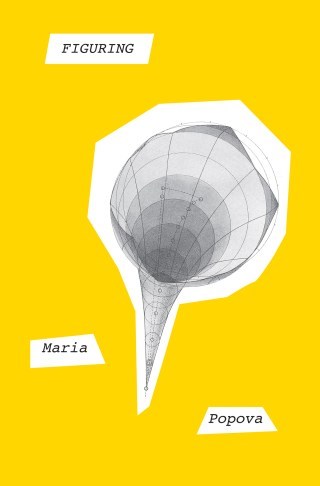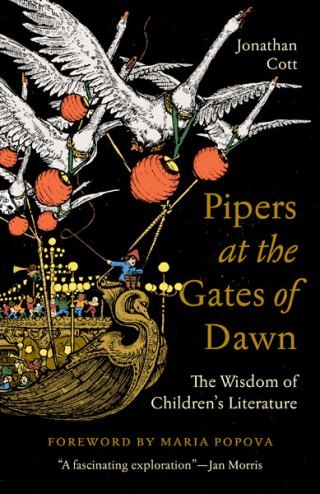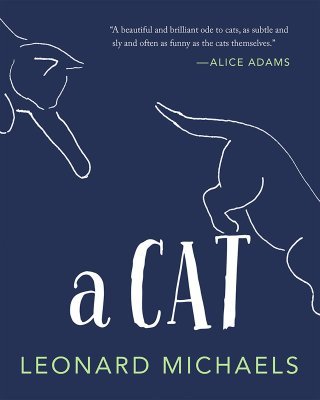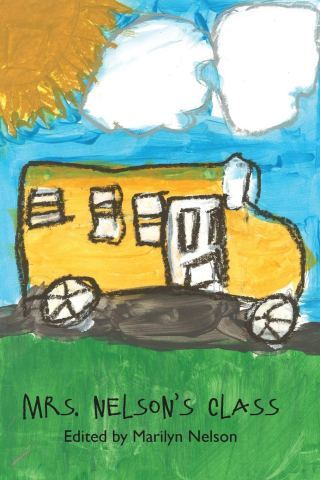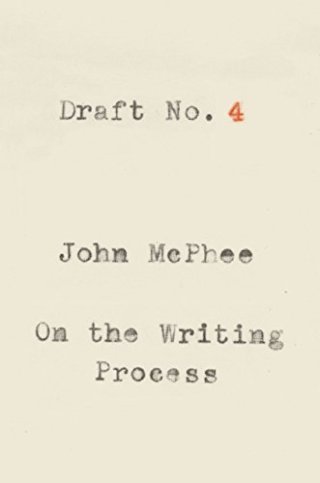Maria Popova's Blog, page 102
August 11, 2020
How to Master the Ancient Art of Walking Meditation in Modern Life: A Field Guide from the Pioneering Buddhist Teacher Sylvia Boorstein
“I have met with but one or two persons in the course of my life who understood the art of Walking, that is, of taking walks — who had a genius, so to speak, for sauntering,” Henry David Thoreau wrote in his classic manifesto for the spirit of sauntering, befo...
August 6, 2020
Patti Smith Reads Emily Dickinson’s Pre-Particle Physics Ode to the Science and Splendor of How the World Holds Together
When the sixteen-year-old Emily Dickinson (December 10, 1830–May 15, 1886) enrolled in the Mount Holyoke Female Seminary — America’s first institution of higher education for women, the “castle of science” where she composed her exquisite forgotten herbarium at the intersection of science and poetry around the time the sole surviving photograph of her was taken — her immersion in language, mathematics, and astronomy began ...
Chinua Achebe on Art as a Form of Citizenship: Lessons in Creativity as “Collective Communal Enterprise” from the Igbo Tradition of Mbari
“The greatest poet in the English language found his poetry where poetry is found: in the lives of the people,” James Baldwin wrote in his superb meditation on Shakespeare. “Art must be life — it must belong to everybody,” Marina Abramović insisted in her artist life manifesto. Since long before Abramović, since long before Baldwin, since long before Shakespeare, the Igbo ...
August 4, 2020
A Cat: Leonard Michaels’s Playful and Poignant Meditations on the Enigma of Our Feline Companions and How They Reveal Us to Ourselves
“A cat must have three different names,” T.S. Eliot proclaimed in the iconic verses that became the basis of one of the longest-running and most beloved Broadway musicals of all time. “You can never know anyone as completely as you want. But that’s okay, love is better,” Caroline Paul wrote generations later in her...
July 31, 2020
Wonder and the Grandeur of the Universe as the Antidote to Human-Manufactured Bias and Divisiveness: Marilyn Nelson’s Stunning Poem “The Children’s Moon”
In one of her love letters, Margaret Fuller — who laid the foundation of American feminism, advocated for black voting rights generations before women won the vote, and believed in every fiber of her being that genius is “common as light” when given the chance — wrote of “that best fact, the Moon.” A century, a Civil War, and two World Wars after her, amid the golden age of space exploration, the great I...
July 30, 2020
The Science and Splendor of Australian Butterflies: How Two 19th-Century Teenage Sisters’ Forgotten Paintings Sparked a Triumph of Modern Conservation
A century after the self-taught German naturalist and artist Maria Merian laid the foundations of modern entomology with her stunning pictorial studies of butterflies in Surinam and a century before Vladimir Nabokov applied his glorious intellectual promiscuity to advancing the field, the Australian sisters Harriet and Helena Scott unleashed their immense talent and curiosity on t...
The Science and Splendor of Australian Butterflies: How Two 19th-Century Teenage Sisters’ Forgotten Paintings Led to a Triumph of Modern Conservation
A century after the self-taught German naturalist and artist Maria Merian laid the foundations of modern entomology with her stunning pictorial studies of butterflies in Surinam and a century before Vladimir Nabokov applied his glorious intellectual promiscuity to advancing the field, the Australian sisters Harriet and Helena Scott unleashed their immense talent and curiosity on t...
July 29, 2020
John McPhee on Writing and the Relationship Between Artistic Originality and Self-Doubt
“I’m not a writer. I’ve been fooling myself and other people. I wish I were.” So wrote John Steinbeck as he was working on the book that earned him a Pulitzer and paved the way for his Nobel Prize. “I am assailed with my own ignorance and inability,” he exorcised the demon of self-doubt in his diary — the demon that discomposes every writer until, as Virginia Woolf observed while revolutionizing literature with Orlando, they no lo...
John McPhee on Artistic Originality and Self-Doubt
“I’m not a writer. I’ve been fooling myself and other people. I wish I were.” So wrote John Steinbeck as he was working on the book that earned him a Pulitzer and paved the way for his Nobel Prize. “I am assailed with my own ignorance and inability,” he exorcised the demon of self-doubt in his diary — the demon that discomposes every writer until, as Virginia Woolf observed while revolutionizing literature with Orlando, they no lo...
July 27, 2020
Nick Cave on Living with Loss and the Central Paradox of Grief as a Portal to Aliveness
Perched near the untimely end of a life strewn with losses, contemplating what remains when a loved one vanishes into “the drift called the infinite,” Emily Dickinson wrote:
Each that we lose takes part of us;
A crescent still abides,
Which like the moon, some turbid night,
Is summoned by the tides.
I too have waded through the tide pool wit...

